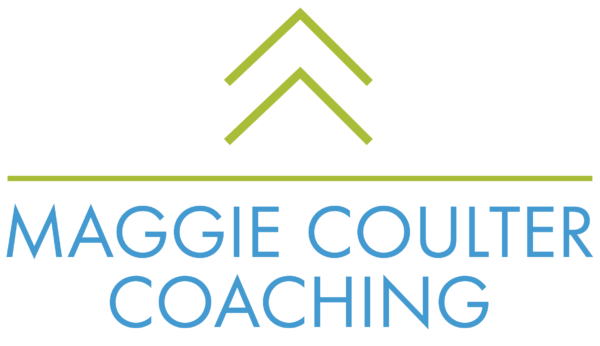4 Surprising Keys to Career Transition
As with most professions, I learn as much from my career transition clients as they learn from working with me. Looking back over 2016, I decided to compile a list of the more surprising lessons my clients have taught me about career transition. If you’re contemplating a career change yourself, you’ll want to check these out:
1) Your spouse/partner may be your greatest ally in career transition.
I had the great pleasure of coaching a married couple this year. These two particular people are dynamic, evolutionary and intentional about synthesizing their personal growth efforts to benefit themselves as individuals and their family overall. While our work was focused on how each of them was choosing to show up in their respective careers, the conversations were that much richer with the benefit of their supportive spousal perspectives (ground rules for group coaching ensure respectful conversations!). This reminded me about how important it is to involve your spouse or partner in your thinking around career transition, to bring them on board and to receive feedback from someone who knows you very well.
2) Different kinds of helping practitioners are needed at different times in your career transition – don’t just rely on one.
At a certain point in their career transition, a few of my clients sought input from therapists or other healing practitioners. Often people encounter a personal obstacle that requires them to think or move in such a way that shakes things up in their minds and bodies so that they can get past the obstacle. In fact, I’ll refer clients to an appropriate practitioner if I sense that’s needed and I encourage them to explore that avenue rather than remain stuck. I admire these clients for trusting themselves to act on their hunch when another perspective is needed.
3) Career transition is rarely just about your career, and yet it is also very much about your career.
This year, my clients found lots of meaning in their career transitions. It was about personal liberation for some, financial independence for others, or prioritizing health and other important values. There is always lots of depth to explore in each person’s career transition and it can be tempting to focus all of our attention on those rich areas of self-awareness. At the end of the day, though, my clients still want to transition in their careers and it is my responsibility to guide them back to this overarching mission and help them identify and take the steps necessary to move forward. When they come up with an idea and take action on it, they are truly creating new possibilities for themselves and that’s what they’re coming to me for after all. I enjoy the sometimes challenging conversations required to re-direct clients back to their career objectives and supporting them to try something new.
4) Don’t underestimate millenials!
Not being a parent myself, I don’t get to hang around younger people as much I’d like. I’ve heard a lot of negative things said about millenials and for a long time I wondered if they might be true. Over this year, I had the pleasure of coaching a few of these fine folks and that experience confirmed what I intuitively felt was true: they’re really no different from the rest of us and simultaneously, they represent the next micro-stage in human evolution and do make some different choices. Generally, millenials are more open to and experienced with mindfulness, mental health issues and being intentional about their careers. I am inspired by how thoughtful each one is with respect to their career transitions and reminded that we can all learn from every generation that comes behind or ahead of us. In fact, if you’re not a millenial and you’re contemplating a career transition, I highly recommend having a conversation with a younger person to see what you might learn from their nuanced perspective.
Basically, it was a good year for me because I continued to learn from my work and the amazing people whose career transition journey I am invited to accompany for a little while. That was an important element I desired in my own career transition; the opportunity to learn and grow more in each day. I had to remember to make the career transition in order to realize this objective, along with the help of a supportive spouse, a variety of helping practitioners and the inspiration of the generations ahead and behind me.
Is 2017 the year of your career transition? Consider career transition coaching or my Listen, Sense, Grow career transition program to help you create the change you long for in your career. Contact me for more details.
